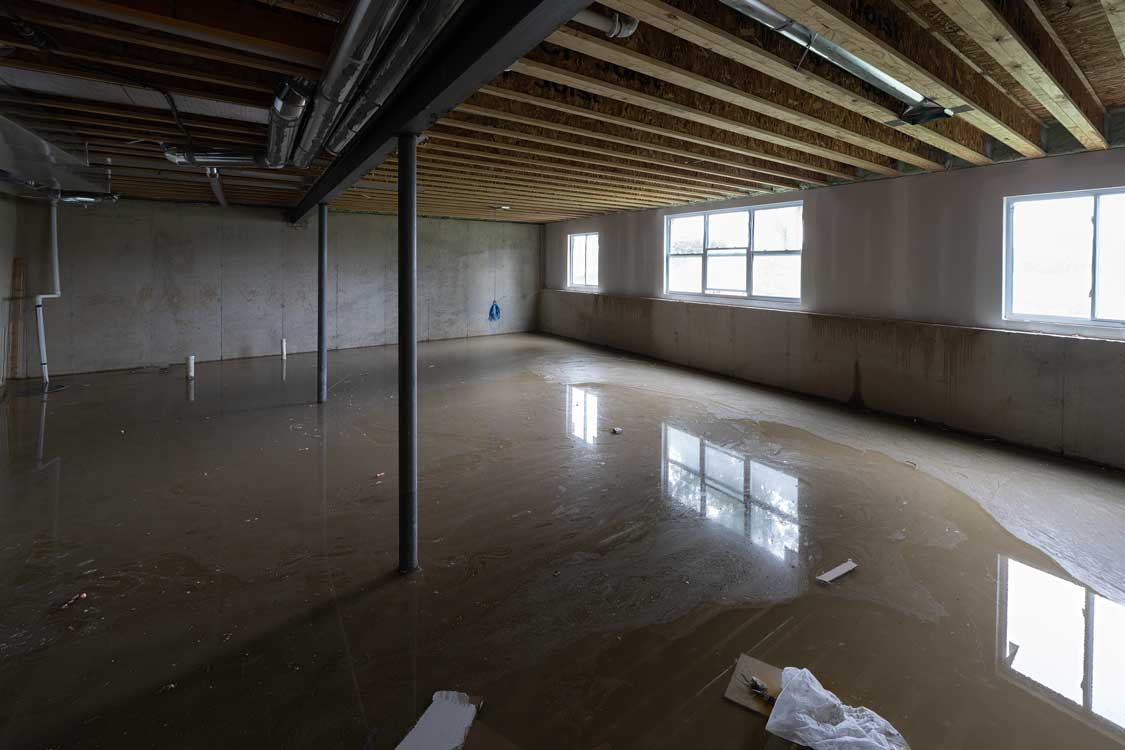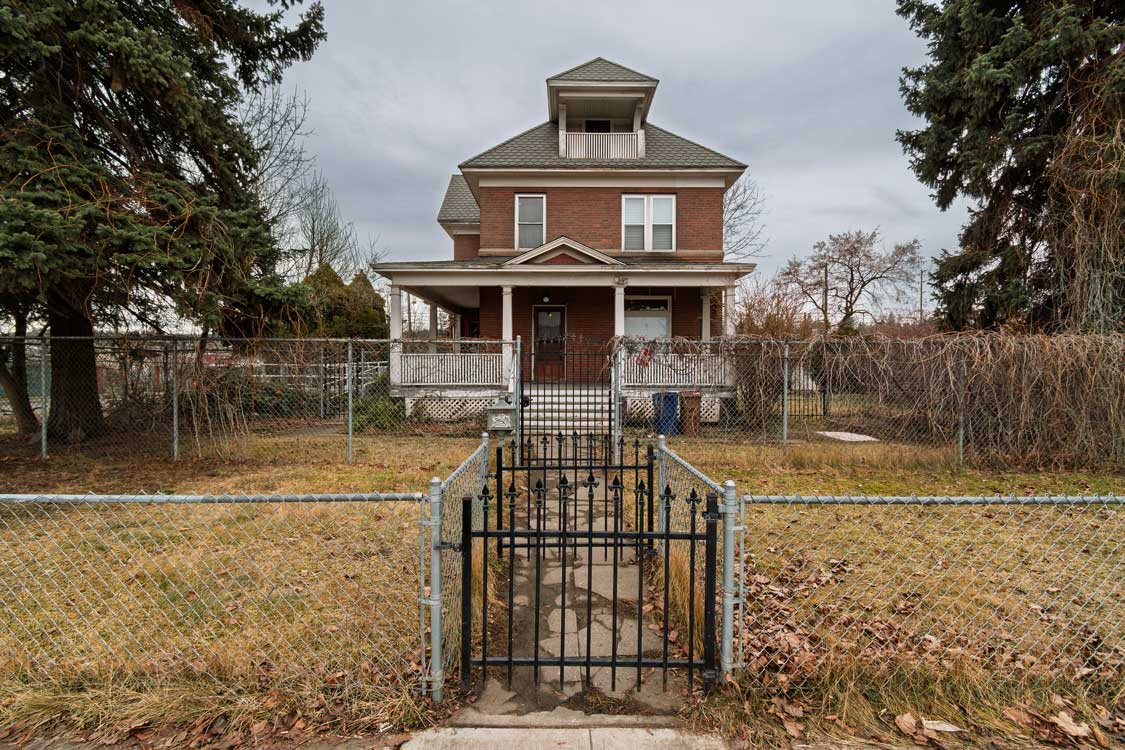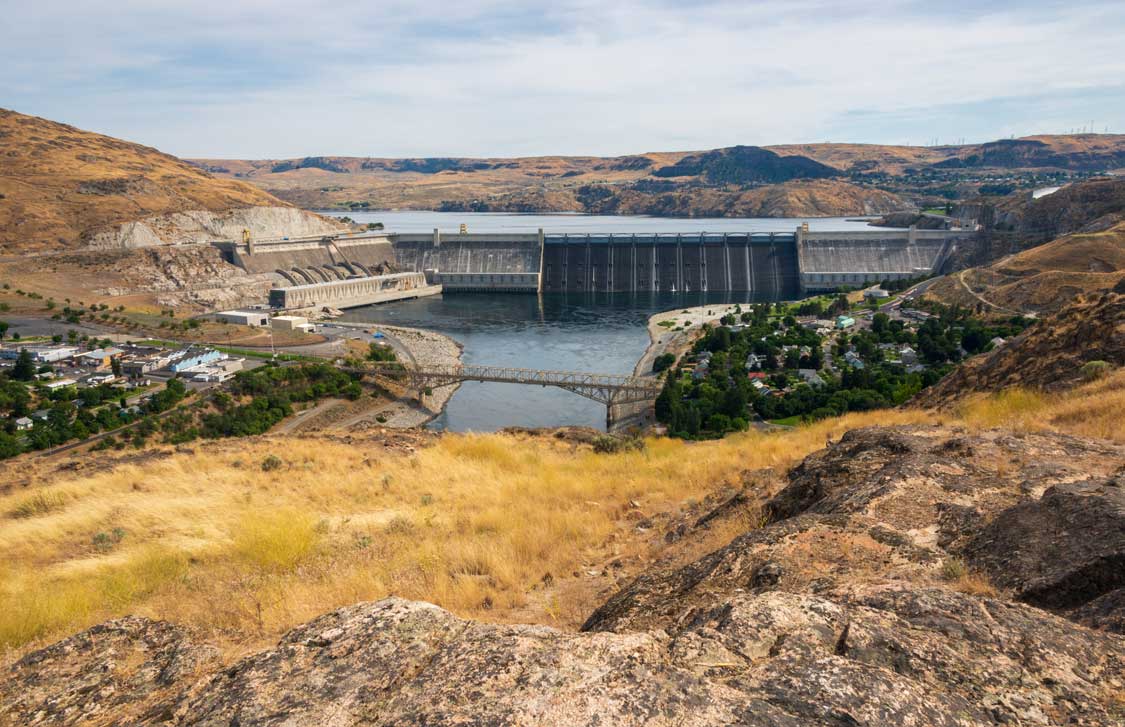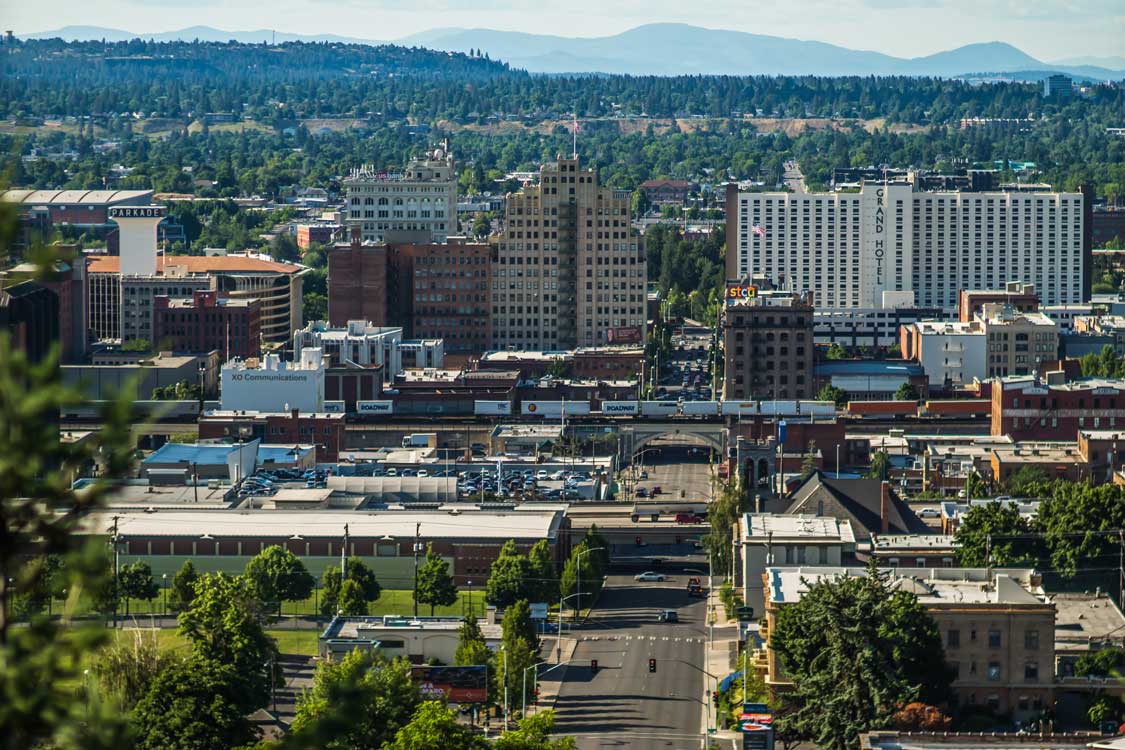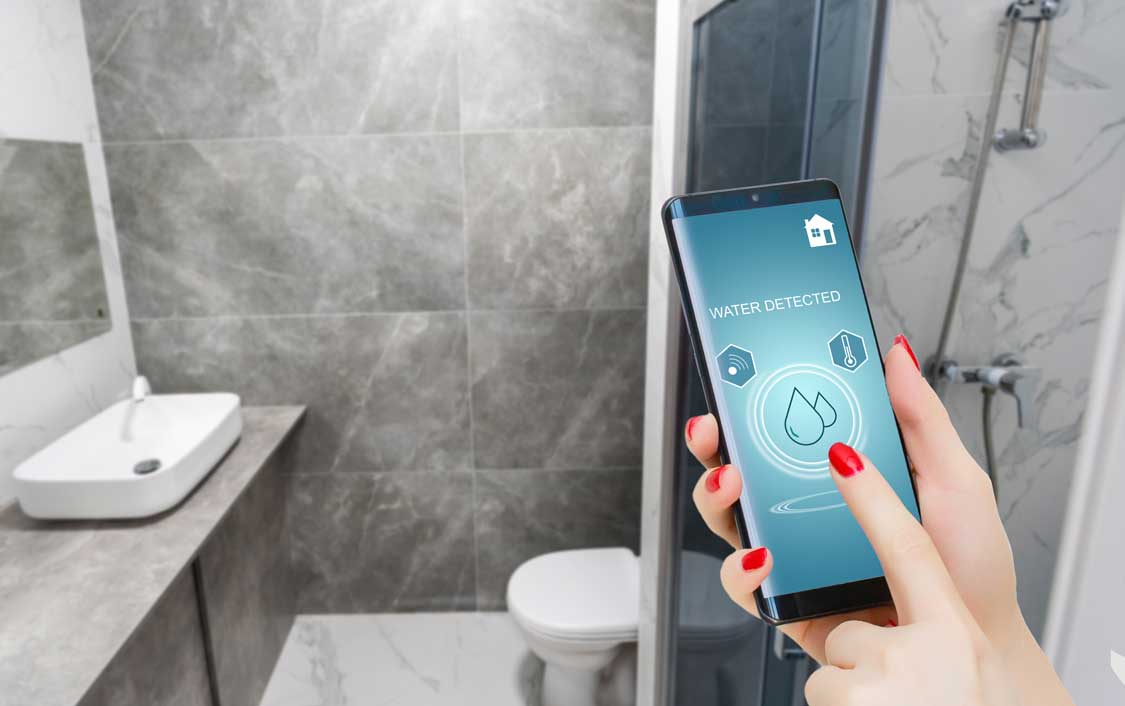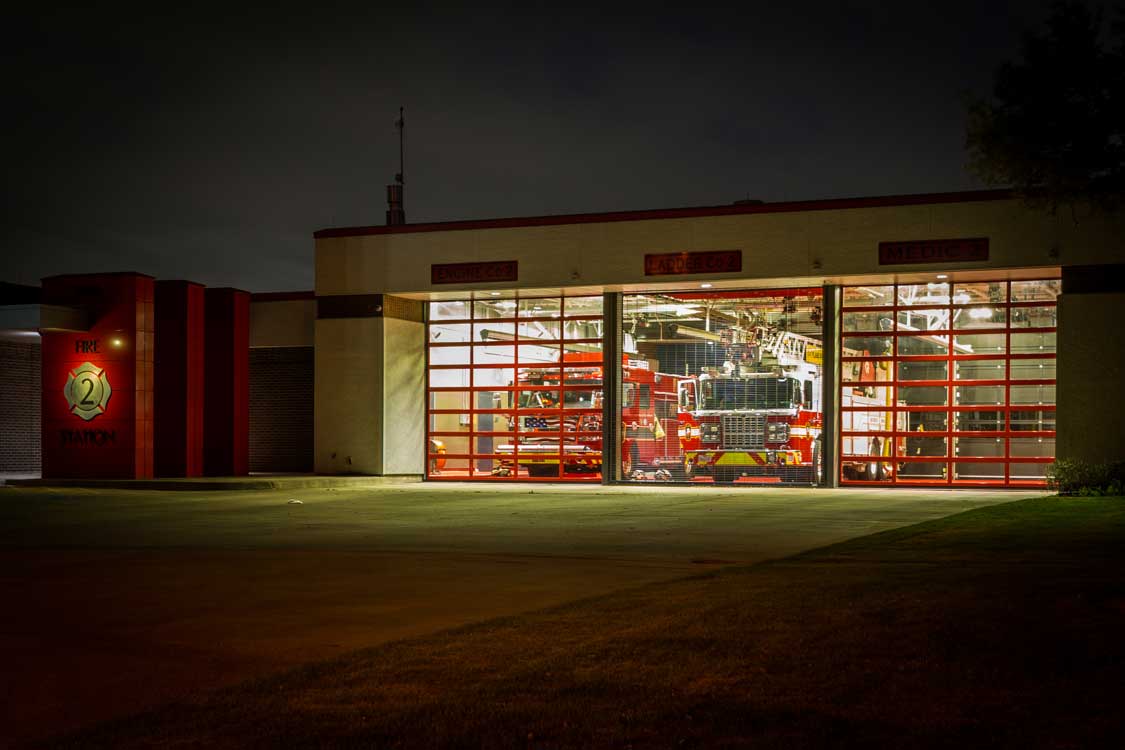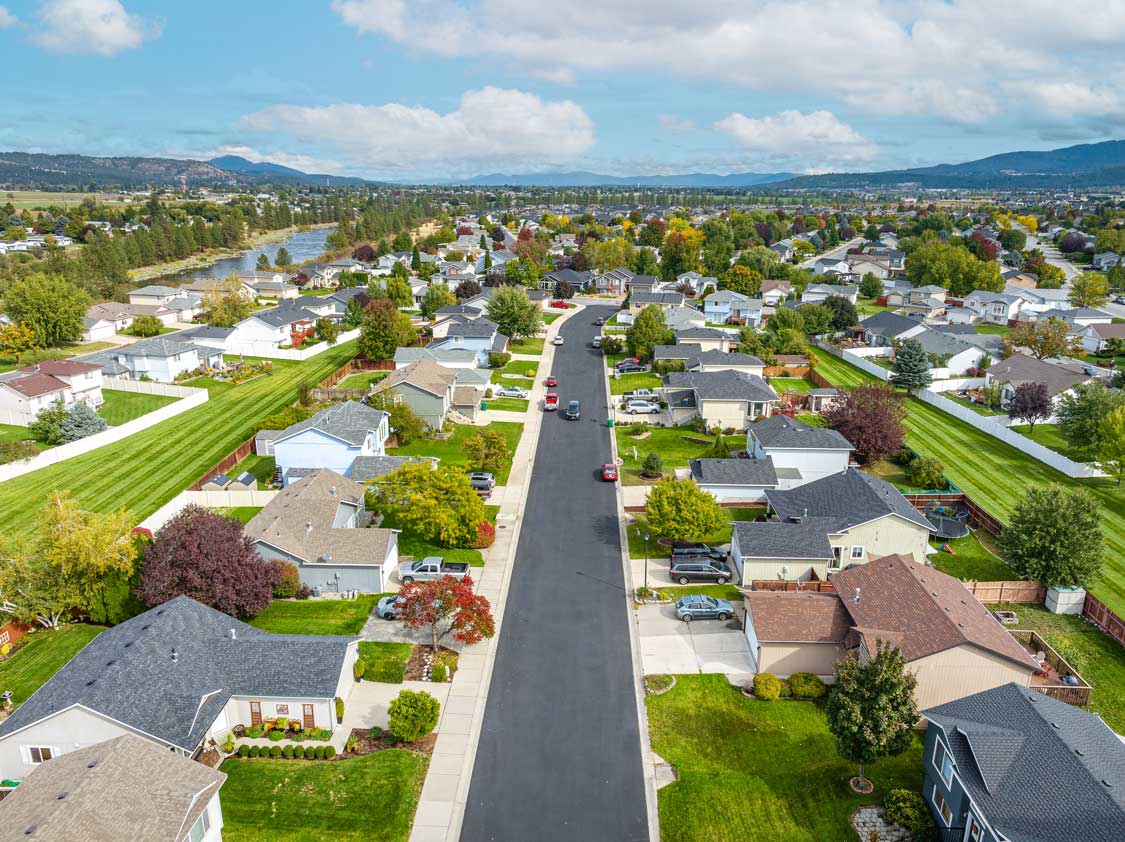Edited: October 29, 2025
Picture this: You head down to your basement and discover a puddle where it doesn’t belong. A flooded basement is a homeowner’s nightmare, and your sump pump is supposed to be your first line of defense. But when it’s not doing its job, it often drops subtle hints before failing completely. From strange noises to outright motor failure, knowing what to look for can save you time, money, and a whole lot of stress.
At Bulldog Rooter, we’ve seen it all when it comes to sump pumps. Here’s how you can catch the warning signs early and keep your basement dry and safe.
How Do I Know if My Sump Pump is Working?
As a homeowner in the Spokane area, it’s crucial to be aware of the subtle signs that may indicate your sump pump is not operating as it should. Often, these indicators are overlooked until it’s too late. Whether it’s an unusual smell coming from the sump pit or frequent clogs disrupting its performance, it’s easy to ignore these issues until they lead to significant water damage.
To prevent such costly mishaps, keep an eye out for the following warning signs:
10 Signs Your Sump Pump is Not Working Properly:
Unusual Noises
If your sump pump is making noise every few minutes, such as grinding, rattling, or gurgling sounds, it indicates a potential problem. These frequent noises usually suggest that mechanical parts may be worn out or there could be debris obstructing the system.
Failing to address these frequent noises can result in decreased performance and eventual failure. Although tackling these issues on your own might be appealing, it can sometimes cause additional damage. When you observe your sump pump making noise every few minutes, it’s advisable to contact a professional plumber who can accurately diagnose and resolve the problem promptly.
Excessive Vibrations
Does your sump pump feel like it’s shaking itself apart during operation? Excessive vibrations often indicate a damaged or unbalanced impeller, the part responsible for moving water through the pump.
When the impeller is off-kilter, it can strain the motor and other components, leading to overheating or even motor failure. Left unchecked, these vibrations can also cause the pump to shift out of place, making it less effective at removing water. A professional plumber can address these issues, ensuring your pump runs smoothly and reliably.
The Sump Pump Won’t Turn On
Few things are more alarming than a sump pump that refuses to turn on, especially during heavy rain. This issue could stem from a range of problems, including electrical faults, a tripped breaker, or a stuck float switch.
When the pump doesn’t activate, your basement is left vulnerable to flooding. A professional can safely diagnose the cause—whether it’s a simple electrical fix or a replacement switch—so your sump pump is ready to perform when you need it most.
Visible Rust or Corrosion
Rust and corrosion are more than cosmetic concerns. Over time, they can weaken your pump’s components, leading to leaks, clogs, or complete failure.
Rust often develops from exposure to moisture or chemicals in the water. If left unchecked, it can spread to critical parts, like the motor or impeller, and render your pump ineffective. A professional inspection can determine whether a repair or full replacement is the better option to keep your home safe.
The Pump Runs Constantly or Irregularly
A properly working sump pump should only run when there’s water to remove. If yours keeps running nonstop or cycling on and off unpredictably, like the sump pump is making noise every few minutes, it’s a clear sign something isn’t right.
This issue often comes down to a stuck float switch or a faulty check valve, which can allow water to flow back into the pit, forcing the pump to overwork. Addressing this problem quickly is crucial, as constant operation can burn out the motor and leave you with an expensive repair—or worse, a flooded basement.
It’s Over Seven Years Old
Even if your sump pump appears to be working fine, age matters. Most pumps have a lifespan of seven to ten years, depending on usage and maintenance.
As pumps age, their efficiency declines, making them less capable of handling heavy water flow. Proactively replacing an old pump can save you the hassle of an emergency replacement during a storm. A professional plumber can help you select and install a new pump that fits your home’s needs.
No Water in the Sump Pit
If your sump pit stays dry even during heavy rain, it might not appear concerning, but it’s an important warning sign. This situation could suggest that your sump pump is clogged, drainage pipes are obstructed, or there is a problem with the grading around your home.
A dry sump pit can also indicate that water is pooling elsewhere in your basement, fostering the growth of mold and causing potential structural issues. A plumbing expert can evaluate your system to address any blockages or installation problems, ensuring water is effectively routed to the correct location.
Frequent Power Issues
Have you ever tried to turn on your sump pump, only to find that the sump pump won’t turn on? Electrical issues, such as tripped circuits or unreliable operation, can render your sump pump ineffective just when you need it the most.
These issues are often caused by damaged wiring, an overloaded circuit, or internal faults within the pump. Attempting to fix electrical problems yourself can be dangerous, so it’s best to call a licensed plumber who can safely resolve the issue and restore your pump’s reliability.
Foul Odors
A bad smell near your sump pump usually points to stagnant water, mold, or even sewer backflow.
These sump pump pit odors aren’t just unpleasant, they can indicate serious problems with your drainage system or pump. Mold and mildew can harm your home’s air quality, while sewer backflow poses significant health risks. A professional plumber can identify the source of the odor and fix the underlying problem, keeping your home safe and smelling fresh.
Motor Failure or Overheating
A sump pump motor that overheats or shuts down frequently is on the verge of failure. This can result from worn-out components or excessive strain on the motor.
When the motor gives out, your pump can no longer keep water at bay, increasing the risk of flooding. A professional plumber can determine whether a repair or replacement is the best solution to keep your basement dry.
We Know if a Sump Pump is Working
Don’t let a failing sump pump turn into a bigger problem. Trust Bulldog Rooter to safeguard your home with our reliable sump pump repair and replacement services. Whether it’s strange noises or a complete system overhaul, our skilled technicians have you covered.
We’re here for you 24/7 because water damage doesn’t wait. Call us now for immediate assistance and ensure your home stays dry and safe.

